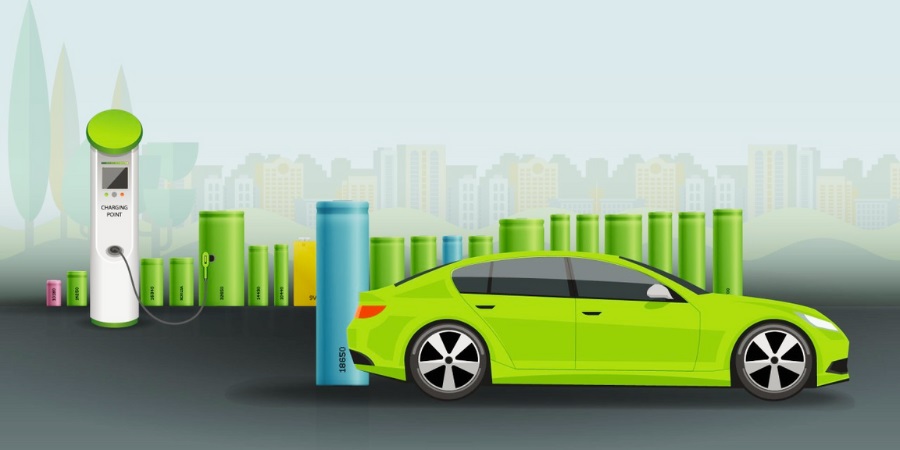The automobile industry is undergoing a remarkable transformation as electric vehicles (EVs) take center stage. With their promise of zero emissions, reduced dependence on fossil fuels, and a greener future, electric vehicles are revolutionizing transportation. In this blog post, we will explore the benefits of electric vehicles, advancements in technology, and the role they play in shaping a sustainable world.
1. Environmental Impact:
One of the most compelling reasons to embrace electric vehicles is their positive environmental impact. Unlike conventional petrol-powered vehicles, EVs produce zero tailpipe emissions, contributing to cleaner air and combating climate change. By shifting to electric transportation, we can significantly reduce greenhouse gas emissions and improve air quality in cities.
2. Energy Efficiency:
Electric vehicles are more energy-efficient than their petrol counterparts. Traditional internal combustion engines only convert a fraction of the energy from fuel into forward motion, while EVs convert over 80% of the electrical energy from the grid into power at the wheels. This higher efficiency translates into lower energy consumption and reduced reliance on fossil fuels.
3. Cost Savings:
While electric vehicles may have a higher upfront cost compared to petrol vehicles, they offer long-term cost savings. Electricity prices are generally lower than gasoline prices, resulting in lower fueling costs. Additionally, the maintenance requirements for EVs are typically lower due to fewer moving parts, leading to potential savings in the long run.
4. Technological Advancements:
In recent years, significant advancements in battery technology have paved the way for the widespread adoption of electric vehicles. Lithium-ion batteries, with improved energy density and longer range, have become the industry standard. Moreover, ongoing research and development are focused on enhancing battery performance, reducing charging times, and extending battery lifespan.
5. Charging Infrastructure:
To support the growth of electric vehicles, charging infrastructure is expanding rapidly. Charging stations are now available in public spaces, workplaces, and residential areas, making it increasingly convenient for EV owners to charge their vehicles. Fast-charging technologies are also being developed, reducing charging times significantly and enhancing the overall convenience of electric vehicles.
6. Driving Experience and Performance:
Electric vehicles offer a unique and exhilarating driving experience. Instant torque from electric motors provides quick acceleration, delivering a smooth and responsive ride. Furthermore, EVs operate quietly, reducing noise pollution and enhancing the comfort of both drivers and pedestrians.
7. Government Incentives and Support:
Governments around the world are actively supporting the transition to electric vehicles through various incentives. These include tax credits, rebates, grants, and subsidies aimed at reducing the upfront cost of EVs and expanding charging infrastructure. Such initiatives encourage consumers to embrace electric transportation and accelerate the shift away from petrol-powered vehicles.
Conclusion:
Electric vehicles represent a transformative shift in the automotive industry and hold immense potential for a sustainable future. With their environmental benefits, energy efficiency, and technological advancements, EVs are reshaping the way we think about transportation. As charging infrastructure continues to expand and battery technology evolves, electric vehicles will become more accessible, affordable, and practical for everyday use.
By choosing electric vehicles, we contribute to a cleaner and greener world, reducing our carbon footprint and ensuring a more sustainable future for generations to come. The electrification of transportation is not just a trend; it's a necessity for a healthier planet and a step towards a more sustainable and resilient world.
Priyanka Rajput
Asst. Prof. Electrical and Electronics Engg. Department
SIRT, BHOPAL



